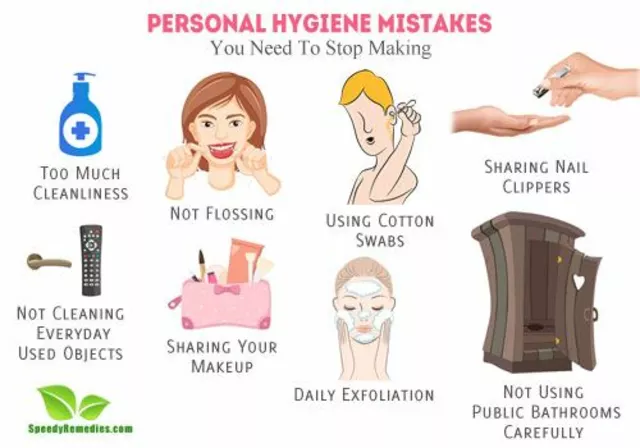Herbal Benefits: Practical Tips on What Works and What Doesn’t
Some herbs deliver real effects and can help with pain, sleep, digestion, or stress. Others are mostly hype. I’ll tell you which herbs have solid uses, how to take them, and simple safety steps so you get benefits without surprises.
Herbs can be teas, capsules, tinctures, or topical creams. The form matters. A ginger tea helps nausea fast. A concentrated capsule might work better for chronic inflammation. Think about what you need now versus long-term.
Which herbs help what
Here are common herbs and where they really shine:
Turmeric (curcumin) — Good for mild joint pain and inflammation. Studies show curcumin reduces inflammatory markers. Look for extracts with black pepper (piperine) to improve absorption.
Ginger — Excellent for nausea, motion sickness, and occasional indigestion. A few slices in hot water or 500–1,000 mg in capsule form usually helps.
Chamomile — Gentle sleep aid and light anxiety relief. A cup of chamomile tea before bed works well for many people.
Valerian — Better for trouble falling asleep than staying asleep. Try short trials (2–4 weeks) to judge effect; it can cause morning grogginess for some.
St. John’s wort — Can help mild to moderate depression, but it interacts with many drugs (antidepressants, birth control, blood thinners). Only use under medical advice.
Peppermint — Great for IBS and bloating as tea or enteric-coated oil capsules. Avoid topical use near the face for young children.
Milk thistle (silymarin) — Often used to support liver health; evidence is mixed but some people find it helpful after short courses when recommended by a doctor.
How to use herbs safely
Start low and short. Try a low dose for one to two weeks and watch how you feel. If it helps, continue; if not, stop. Keep a simple log: dose, timing, and any side effects.
Check interactions. Herbs can change how medications work. St. John’s wort and gingko are common culprits. Ask your pharmacist or doctor, especially if you take blood thinners, diabetes meds, birth control, or antidepressants.
Choose quality. Look for third-party testing (USP, NSF) or brands with clear ingredient lists and expiration dates. Avoid blends with dozens of unlisted additives.
Avoid during pregnancy or breastfeeding unless a clinician says it’s safe. Children and people with serious health conditions should consult a provider first.
Herbs can help, but they aren’t magic. Use them as part of a plan that includes good sleep, movement, and a balanced diet. If an herb causes new symptoms, stop and talk to a clinician right away.
If you want a short list based on a problem you have—sleep, pain, digestion—tell me which and I’ll point to the best options and doses to try first.

Discover the Benefits of Iporuru: The Best Dietary Supplement for Your Well-Being
Explore the benefits of Iporuru, a remarkable dietary supplement known for its health-boosting properties. Learn about its origins, how it benefits your body, ways to incorporate it into your diet, and precautions to consider. Discover why this natural remedy has gained popularity among health enthusiasts.
Detail



